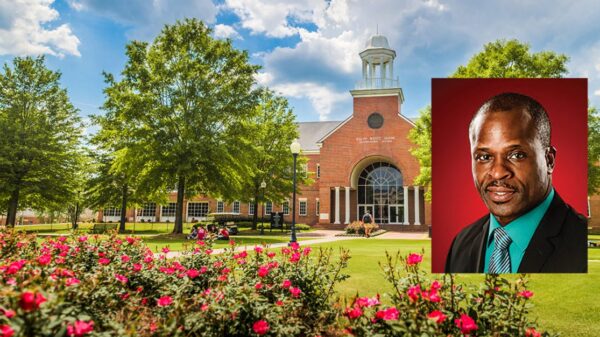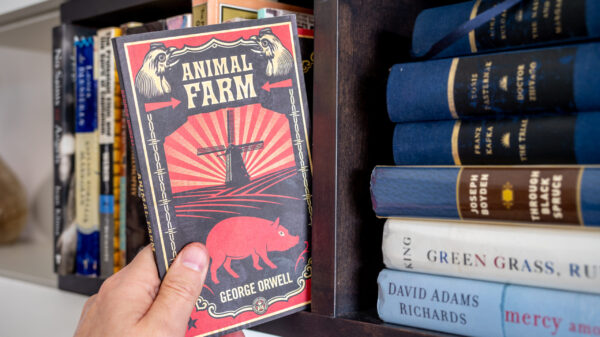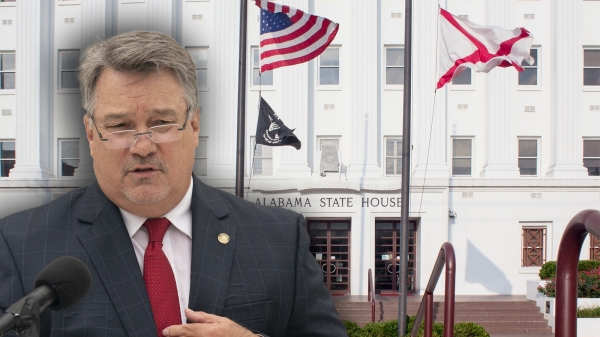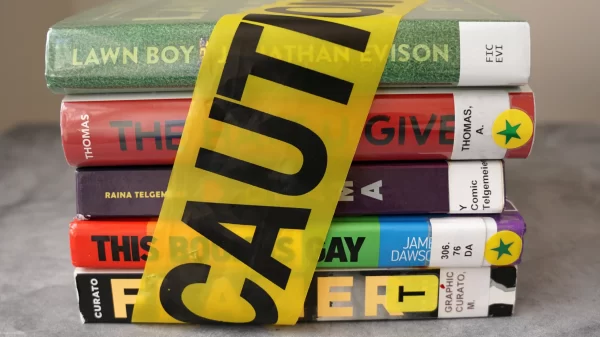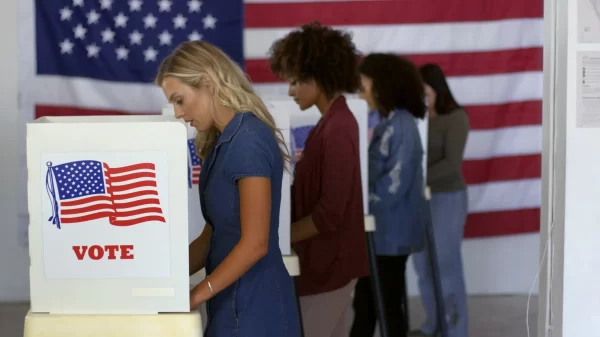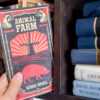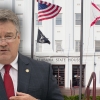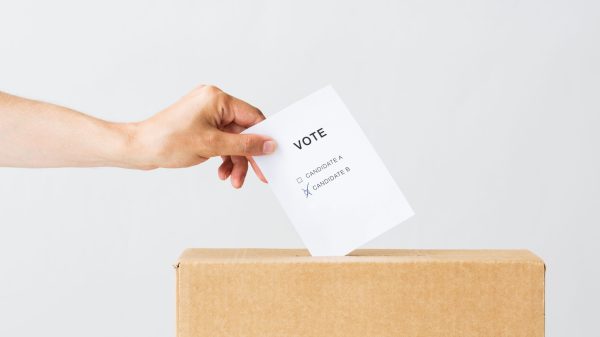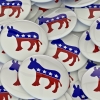The year 1948 was an interesting and momentous year in southern politics. World War II had just ended. The king of American politics, Franklin Delano Roosevelt, had passed away in Warm Springs, Georgia.
FDR had reigned omnipotently as president from 1932 to 1945. His vice president was an obscure, peculiar looking Missourian named Harry Truman. Truman had been a haberdasher in Independence, Missouri, who had gone broke selling men’s clothing. The legendary St. Louis Pendergrass political machine took Harry in and made him a U.S. senator.
Harry was a backbencher in the senate to say the least. FDR plucked him out of the Senate and made him his running mate. FDR won the 1944 election overwhelmingly. Americans never un-elect presidents in the midst of a war. Thus the saying, “You never change horses in the middle of the stream.”
Truman settled into his obscurity as vice president. He would often quote another vice president, John Nance Garner, a tough talking Texan who would say the office of vice president is about as useless as a warm bucket of spit.
FDR did not even tell Truman about our scientists working on a project to create the nuclear bomb. However, it fell to Harry to drop those bombs on Japan, which ended World War II.
Another famous Texas politician, Sam Rayburn, was speaker of the U.S. House of Representatives. Mr. Sam ruled the House with an iron hand, craftily shepherding FDR’s New Deal legislation through Congress. Mr. Sam had a private office tucked away in the basement of the Capitol. It was right under the House Chamber.
Mr. Sam Rayburn, the speaker, would also refer to himself as the “Chairman of the Board of Education.” He would invite aspiring congressmen to join him every afternoon at 3 p.m. for a Board of Education meeting. His cubbyhole Board of Education would only hold about 12-18 members. Therefore, you knew you had arrived when you received one of Mr. Sam’s invitations to his 3 p.m. board meeting. Mr. Sam would promptly look at his watch at 3 p.m., adjourn Congress, and stroll downstairs to his Board of Education meeting where they would enjoy Bourbon and branchwater.
Since Harry really had nothing much to do as vice president, Mr. Sam extended him a standing invitation to his board meeting. Harry was a regular as they enjoyed their good Kentucky Bourbon and Texas branchwater.
One April afternoon in 1945, Mr. Sam, Harry and a dozen Congressmen had about three or four libations under their belts and the Secret Service came in and whisked Harry away to the White House. FDR had died in Georgia and Harry was sworn in as president. I am not saying Harry was inebriated. However, he was probably a little dizzy, as he unexpectedly became president of the United States.
Harry Truman was elected in an upset as president in 1948. He won despite the departure of the Deep South, which had been loyally Democratic. The South split off from the Democratic Party and voted for the Dixiecrat ticket led by South Carolina’s Strom Thurmond.
This split in the Southern Democratic ranks was due to civil rights and race. Truman had promoted civil rights legislation. The South revolted. Thus, 1948 was a pivotal year in Alabama and Southern politics. The previous decades had seen the South and Southern congressmen ardently support the Democratic ticket and agenda. They were New Deal Democrats. Economic issues drove the engine.
That all changed in 1948 when race trumped economics.
That same year, Dr. V. O. Key wrote a book entitled “Southern Politics in the State and Nation.” Key’s book became the premier textbook for students of southern politics. It is so renowned and enduring that it is the bible of southern political theory. I use the textbook when I teach Southern Politics now. It is used at Vanderbilt, Emory, Tennessee, Georgia and the University of Alabama to name a few. Key first wrote his textbook in 1948. It was updated and revised in 1984.
In Key’s epistle, he outlines a profound theory called “Friends and Neighbors” politics, which has a profound and prevalent presence in southern politics. It is very pronounced in Alabama politics. As is the theory that more people will vote against someone than for someone. This rule will play out in the presidential contest in three weeks.
See you next week.

























